As the United State passes the one million mark for documented cases of Covid-19, one of the most frustrating aspects of the current pandemic is that identification and extent of community outbreaks is tied to the number of test kits available. Due to inadequate test kit supplies, available testing has been limited to individuals already experiencing symptoms. This, in turn, has limited the number of identified cases to the number of kits. It is now suspected that in the California Bay Area, the virus may have been circulating in the population more than a month before health officials began looking for it (LA Times, April 11, 2020).
Finding a quick way to locate and identify disease outbreaks before they manifest in the community has researchers at several universities focusing their attention on a surprising yet familiar matrix—wastewater. Interest in the new field of wastewater-based epidemiology (WBE) has gained traction and offers a promising way to identify coronavirus using wastewater. “WBE holds the promise of near real-time monitoring of disease outbreaks,” according to an April 23, 2020 news release from Arizona State University.

